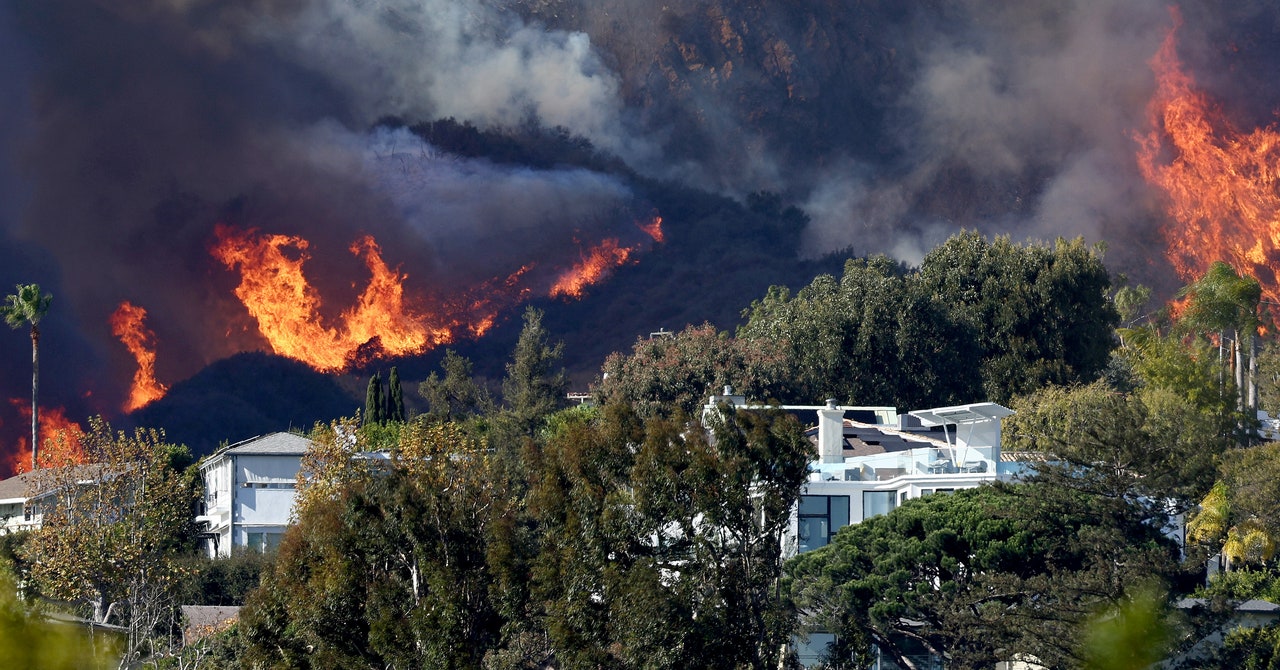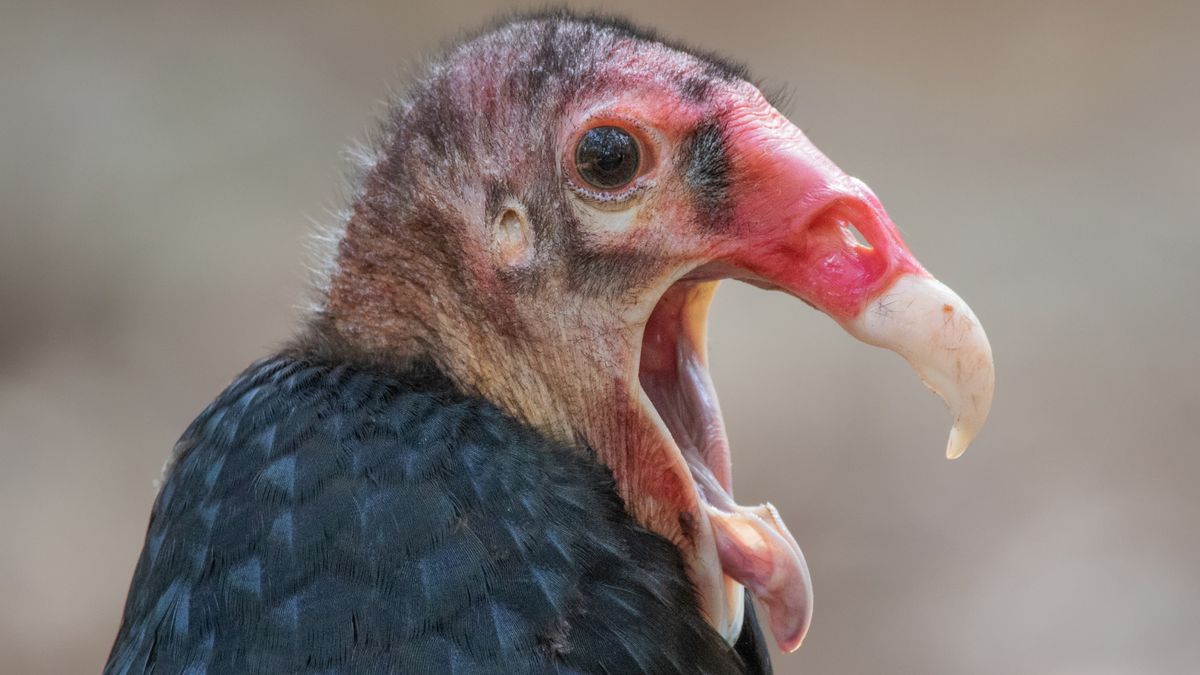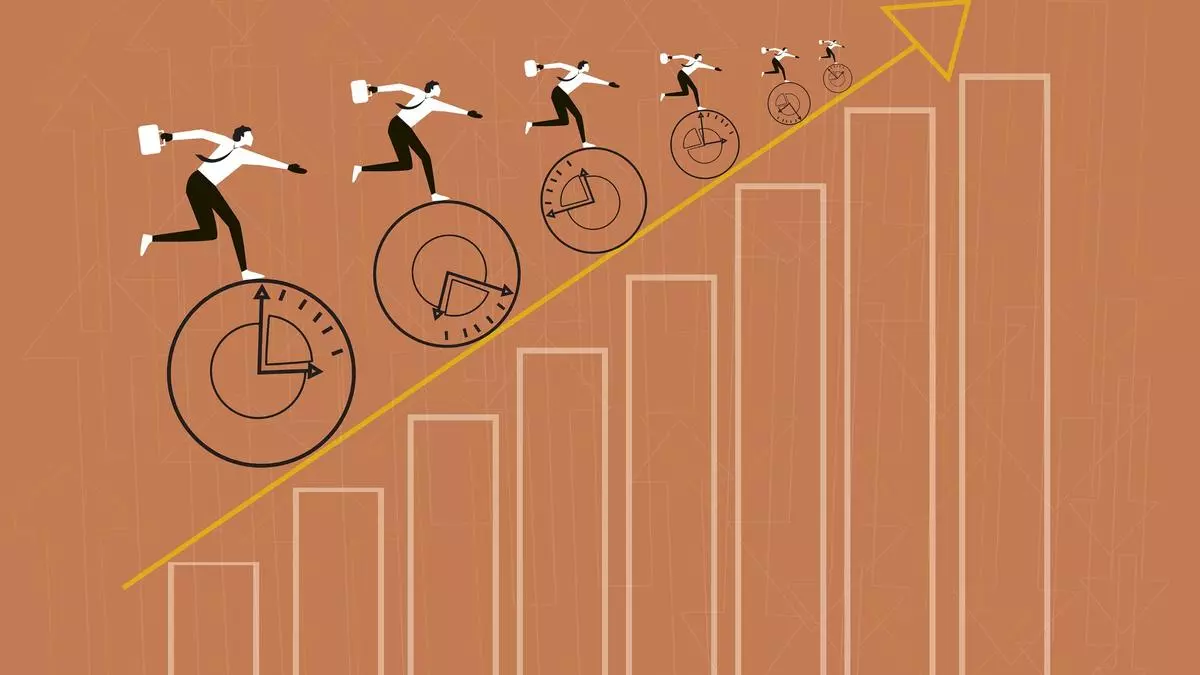In the latest edition of the best and brightest from the world of science news, we look at a newly-discovered low-power mode for the brain, and an unexpected effect of the Nobel prize-winning CRISPR gene editing method. ScienceSeeker editors’ favourite posts within their respective areas of interest and expertise also cover many other important and exciting topics. Why not have a read, inform yourself, and indulge your scientific curiosity?
 |
| On the left, a photograph of Mount Saint Helens shortly after the eruption in 1980 has little visible life. On the right, Mount Saint Helens, photographed in 2018 (38 years after the eruption) has visible plant recovery. Image Source: Nara & DVIDS Public Domain Archive and Wikipedia Creative Commons by user Reywas92 |
To indulge your curiosity even more, follow us on Facebook or Twitter for honourable mentions of great posts that didn’t quite make our #SciSeekPicks list this week. Want #SciSeekPicks to help satisfy your scientific curiosity every week? Sign up here for regular notification emails.









Leave a Comment